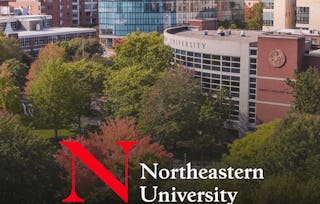This Teach Out does not issue certificates of completion.
Algorithms – and algorithmic bias – are making regular appearances in the news, and increasingly, are being recognized as a policy issue. But what is an algorithm, exactly? And what does it mean when someone describes an algorithm as biased? This Teach-Out will encourage policy makers, agency leaders, and others in similar positions to identify algorithms that are already in use and make connections to broader ideas about fairness, justice, and equity. After completing the Teach-Out, learners will be able to participate in discussions around algorithmic bias, inform others about how algorithms can perpetuate existing disparities, and take steps to reduce the impact of algorithmic bias on the people and communities they serve.















